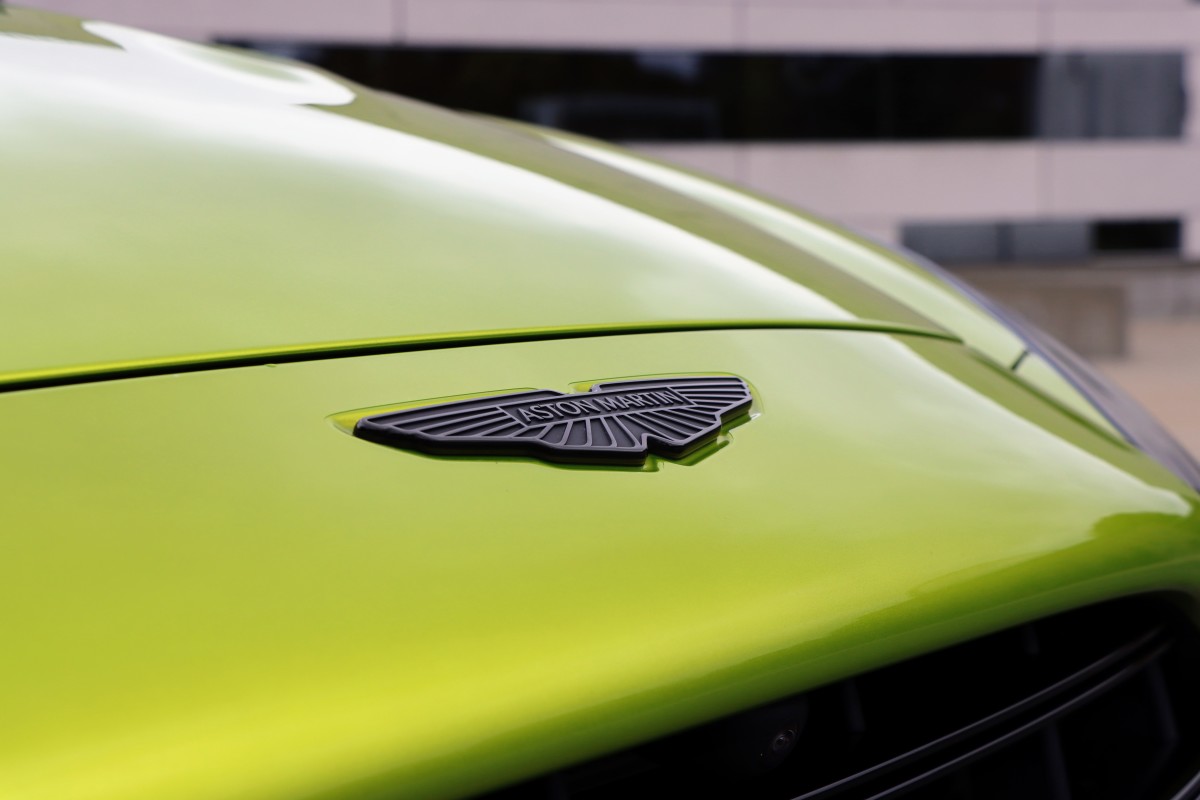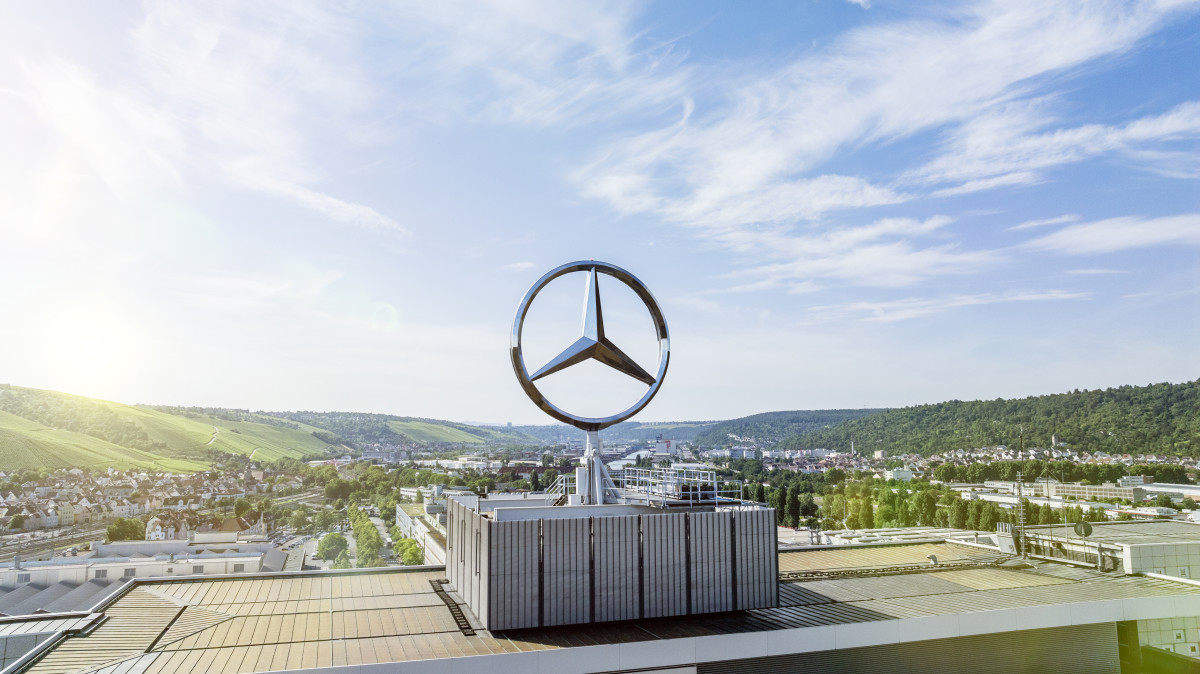Will This Break The Ice For Bigger Brands?
Porsche and Aston Martin have begun raising prices in the United States as hopes of automotive-specific carveouts in trade deals fade, Reuters reports. The price hikes come shortly after a trade deal between the U.S. and the European Union that includes a 15%-tariff on EU-made cars beginning in August—lower than Trump threatened, but much higher than the 2.5% tariff from before President Donald Trump launched his global trade war.
On Wednesday, Porsche said it had raised U.S. prices by 2.3% to 3.6% in July, Reuters reported, but said it had no plans to move production to the U.S. Bringing more manufacturing to the U.S. by making imports more expensive has been a primary aim of Trump’s tariff policy. Aston Martin said it had begun “incremental” price increases in June, while issuing a profit warning based on U.S. tariffs and low demand in Asia.
No Relief In Sight
Kyle Edward
“This is not a storm that will pass,” Porsche CEO Oliver Blume said after the automaker cut its full-year profit target and reported a $462 million hit from tariffs in the first half of 2025. “We continue to face significant challenges around the world.”
Porsche isn’t alone. Hyundai, Mercedes-Benz, and Porsche’s parent brand Volkswagen all reported losses, issued profit warnings, or discussed raising prices in response to Trump’s tariffs, Reuters noted. Even Ford, which claims around 80% of its vehicles are assembled domestically, reported an $800 million tariff penalty in its second-quarter results.
European Automakers’ Hope Of Relief Fades
Mercedes-Benz
European automakers had been hoping for tariff reductions specific to the auto industry, but the recent deal has eroded optimism, according to Reuters. Mercedes CEO Ola Källenius told analysts Wednesday that the automaker was assuming tariffs would remain at 15% for the time being.
“For all intents and purposes, that global deal for now is it,” Källenius said, adding that any side deals were “very uncertain.” The Volkswagen Group last week, however, said it was hoping to negotiate lower U.S. tariffs based on investment commitments.